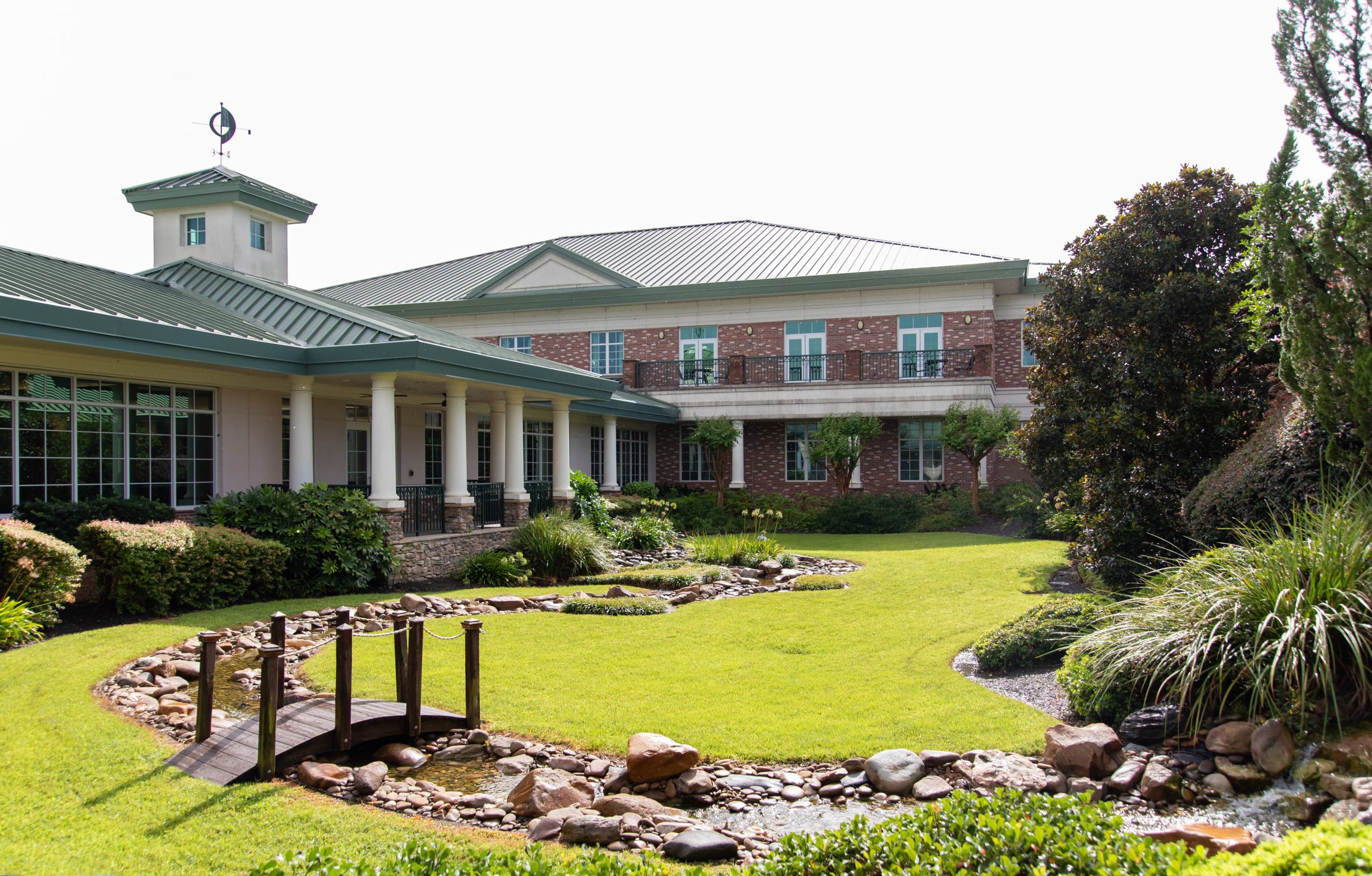Some Augusta Regional Airport officials say the airport’s growth can be hampered by its affiliation with the Augusta Commission.
Mayor Garnett Johnson inquired at a Monday work session about the city converting it to a self-governing authority.
MORE: Planning Commission gives go ahead on battery plant
Three commissioners and Johnson – several of the others were said to be on vacation – spoke with airport board members and Executive Director Herbert Judon at the session, called Monday to discuss the group’s powers, duties and responsibilities.
One of Augusta’s biggest assets, the airport was renamed from Bush Field to Augusta Regional Airport in 2000 and logged some 500,000 commercial passengers in 2011, Interim Administrator Takiyah Douse said.
With an economic impact of some $285 million annually, the airport is also “pretty much of a self-sustaining operation,” board chairman Dan Troutman said.
While it relies on Augusta to provide procurement, legal, planning, human resources, fire protection, some maintenance and payroll services, the airport generates most of its own revenue.
This includes income from airfares, car rentals, plane rents, gas sales and grants and covers the cost of construction projects, payroll and other expenses, said Troutman, the owner of Alternative Construction and Environmental Solutions.
Airport projects undergo extensive fundraising, planning, vetting and approvals prior to going through city procurement and seeking additional OKs for plans and permits, he said.
“It seems to be that that just adds another layer of bureaucracy, if you will,” Troutman said. As a result, some prospective bidders envision “red tape” associated with change orders and getting paid, he said.
“It’s not any one person that’s not doing their job,” Troutman said. It’s just one more level that has to happen’.”
An example is the recently-opened expansions at the airport’s Gate 3 and Gate 4, he said.
Intended to be complete prior to this year’s Masters Tournament, the project was held up by a city plan review and a small procurement delay, he said. The airport then had to spend additional funds making the incomplete site ready to receive Masters visitors.
The federally-funded $3 million project went out for bids in April 2023. The only responsive bidder was R.W. Allen, and the project would eventually cost well over $5 million.
The gate expansion enabled the airport to have passenger ramps and TSA screening stations at all four gates, Judon said.
Other recent achievements at the airport include its consolidated rental car facility, Georgia’s first electric airplane charger and the May groundbreaking on a $33 million hangar expansion by Standard Aero, Judon said.
The airport has decided to self-fund a K-9 officer program to supplement its two K-9s, he said.
The ninth fastest non-hub airport in terms of air service quality, Augusta Regional had a record-breaking 24,000 passengers during Masters Week and its second-highest number of airport operations at 6,200, he said.
Commissioner Sean Frantom questioned Judon’s salary, which the airport board voted to increase by $11,000 last year. Now at more than $230,000, it remains the city’s highest.
According to the board’s current bylaws, however, Augusta Commission approval of the salary is not required. The amount has been provided to the commission for approval as a courtesy, said Rachel Mack, senior staff city attorney who handles airport business.
Mack, who recently announced her resignation, said legal counsel was moved back in-house a few years ago due to additional approvals being required by the city law office for any airport counsel work.
According to its bylaws, the aviation commission comprises of 10 members appointed by the commission and two appointed by Augusta’s legislative delegation. All must be Richmond County residents, and only seven votes are needed for a quorum or to pass a measure. The commission together elects its chairman.
Troutman said the airport has budgeted to hire its own lawyer next year, but expects to be reimbursed by the city.
“Our needs have gotten more involved,” he said.
Johnson suggested exploring creating an authority, with its own independent legal counsel, human resources and other functions “to get things done” without having to rely on city services.
“Would it perhaps be best to have a conversation about moving to an authority?” he asked.
Aviation Commission member Randy Sasser said the commission’s bylaws are otherwise “woefully in need of updating” and include some non-standard terminology.
They don’t address business and private aviation, which is “our most profitable area,” he said.
Douse recommended any plans to convert to an authority be fully developed prior to moving forward. Commissioners Francine Scott and Wayne Guilfoyle also urged restraint.
“Before we go and start looking at a regional authority, I think we need to address what we are here to address right now,” Scott said.
“I think it needs to be brought up before the airport commission first,” Guilfoyle said.













